1. Japan’s Seniors Are Still on the Clock

In Japan, retirement isn’t quite what it is in the U.S.—many seniors keep working well into their 70s and even 80s. It’s not just about staying busy; for a lot of people, it’s a financial necessity. Pensions aren’t always enough to cover rising living expenses, and the country’s aging population puts strain on social services. So, older adults often take part-time jobs, from greeters in department stores to maintenance work says the Japan Times.
But it’s not all bleak. There’s a strong cultural respect for older workers, and many enjoy the purpose and routine that comes with having a job. You’ll often see older folks still in uniform, greeting customers with a smile. For them, retirement isn’t about stopping—it’s about shifting gears. It’s a very different picture than the “beach and golf” fantasy we often imagine adds Nasdaq.
2. In France, Retiring Early Is Practically a Right

In France, workers can retire as early as 62, and many fight hard to keep it that way. The country has a strong labor movement, and strikes over pension reforms are almost a national tradition. For decades, the French government offered generous pensions, and people planned their lives around retiring young explains Business Insider.
Even with recent reforms attempting to push the retirement age up, most French workers still retire earlier than Americans. It’s seen as a time to enjoy life—travel, sip wine, spend long lunches with friends. Retirement is deeply tied to leisure and personal freedom. And the public fights hard to protect that way of life, seeing it as something they’ve earned after years of hard work says VOA.
3. Australia Has a Super Solution
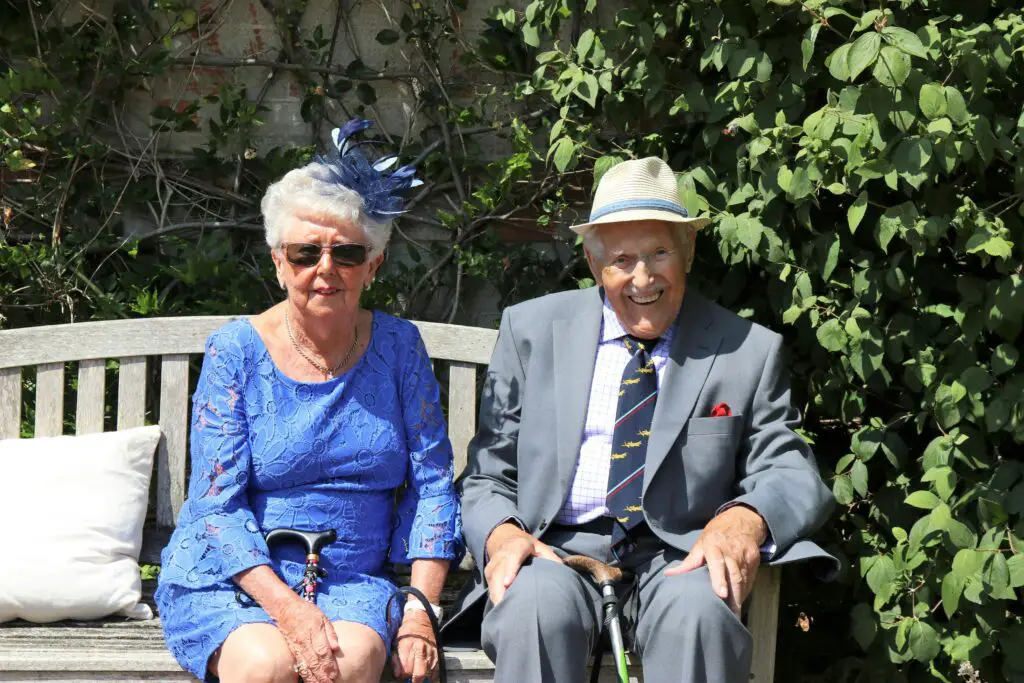
Australia uses a system called “superannuation,” and it’s a bit like a forced savings account. Employers must contribute a percentage of your earnings into a retirement fund, and many people add more on their own. This pool of money grows over time and becomes your main income source after retirement.
It means Aussies generally have more control over their retirement funds, but it also puts the responsibility on individuals to manage wisely. The good news? Many retirees in Australia end up with a decent-sized nest egg. The bad news? If you don’t earn much in your working years, your super might not go far. Still, it’s a system designed to promote independence rather than relying only on government pensions.
4. In Italy, Retirement Is a Family Affair

Italian retirees rarely live in isolation. Family is central to Italian life, and many older adults live with or near their children and grandchildren. It’s not just cultural—it’s practical. The pension system has faced financial strain, and sometimes it’s just easier to rely on family for support.
This closeness can be comforting but also challenging. Elders are often expected to help with childcare or household duties. Retirement in Italy isn’t always about rest; it’s more about shifting roles within the family. You retire from your job, but not necessarily from responsibility.
5. In Norway, Retirement Looks Like a Luxury

Norway consistently ranks as one of the best places to retire. The government provides generous pensions and healthcare, and the overall cost of retirement is largely covered by a strong welfare system. That means older Norwegians don’t worry as much about how to afford aging.
But all that support comes from somewhere—taxes are high, and the system depends on a strong economy. Still, the payoff is huge. Many retirees enjoy nature, travel, and active lifestyles well into their later years. It’s not unusual to see seniors cross-country skiing or hiking, with the government picking up the tab for much of their healthcare.
6. In South Korea, Aging Can Be Lonely
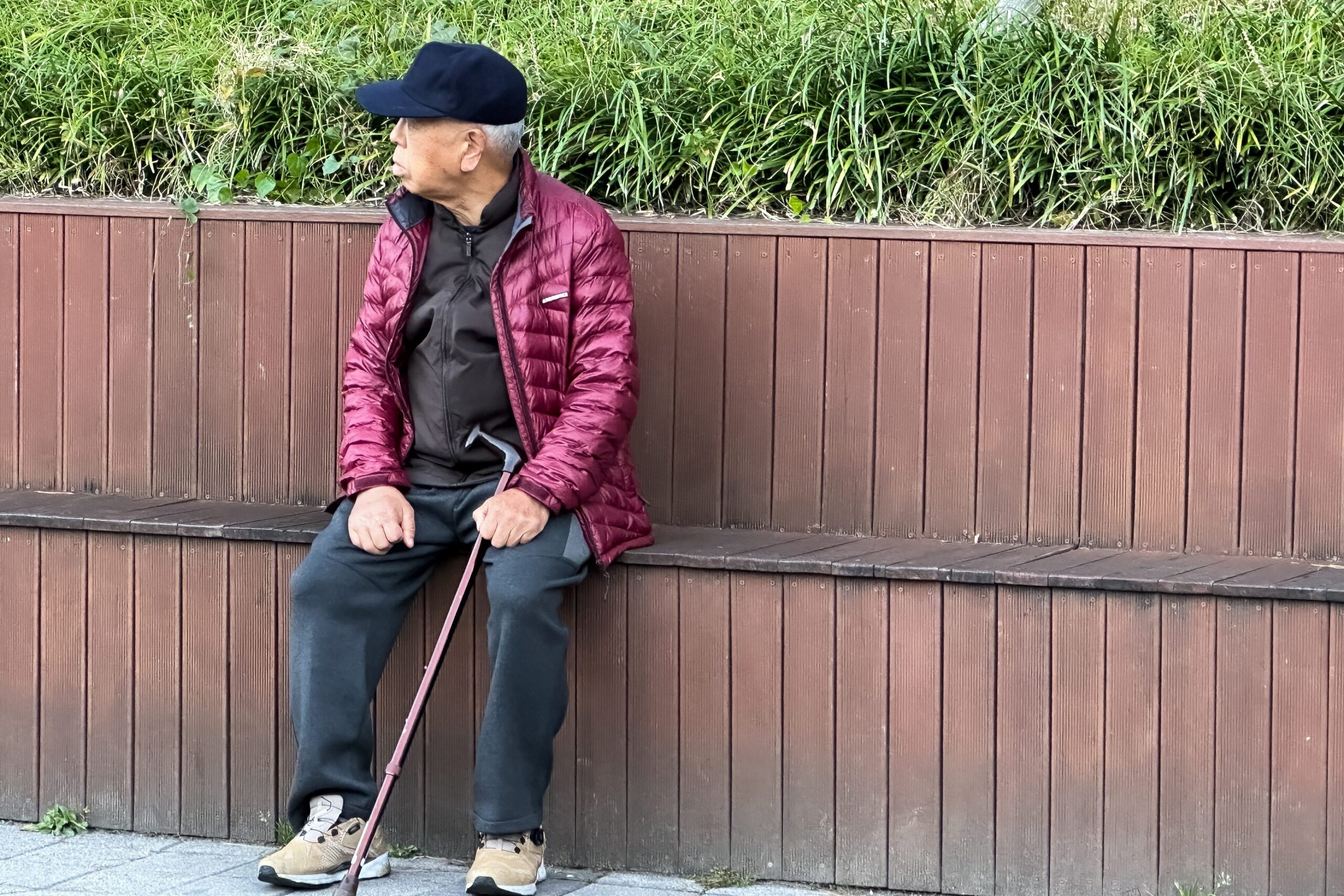
South Korea has one of the highest elderly poverty rates among developed countries. Despite the country’s rapid economic growth, many older adults are left behind. Traditional family structures have changed, and younger generations often don’t live with or support their parents anymore.
That means many seniors end up working low-paying jobs or relying on minimal pensions. You might see elderly street vendors selling vegetables or collecting recyclables just to survive. It’s heartbreaking and paints a stark contrast to the image of peaceful retirement. South Korea’s aging population is growing fast, but the support systems haven’t caught up.
7. Germany Offers a Retired Life Abroad

Many German retirees actually move to other countries when they stop working. Why? The cost of living in Germany can be high, and warmer, cheaper countries like Spain or Portugal offer a better quality of life for less money. The German pension system allows retirees to take their benefits with them, so relocating doesn’t mean losing income.
It’s a trend that’s becoming more popular, with whole communities of German seniors forming in southern Europe. They get sunshine, affordable housing, and social groups with fellow expats. It’s like taking retirement on the road. But it also means adjusting to a new language, culture, and way of life in your later years.
8. Canada Offers Universal Healthcare—but Not Everything’s Covered

Canada’s universal healthcare system is often envied by Americans, especially when it comes to retirement. Seniors don’t have to worry about the crushing cost of medical bills, which takes a huge burden off their shoulders. Prescription medications and long-term care, however, often aren’t fully covered, and can get expensive.
So while healthcare is more accessible, it’s not a total free pass. Many retirees buy supplemental insurance or rely on savings to cover gaps. Still, most Canadians feel more secure aging in place knowing the basics are covered. That peace of mind is a huge part of a happy retirement.
9. In India, Retirement Is a Privilege, Not a Given

In India, formal retirement isn’t guaranteed, especially for those working in the informal sector. Millions of people work their whole lives without employer pensions or government retirement benefits. For them, the idea of “retirement” might simply mean scaling back work rather than stopping altogether.
Family support is still crucial, with many elders living with their adult children. But the traditional joint family system is slowly fading, and some seniors find themselves without that safety net. As a result, older adults often continue working as long as they’re physically able. Retirement, in this case, isn’t a reward—it’s a luxury.
10. Sweden Focuses on Flexibility and Freedom
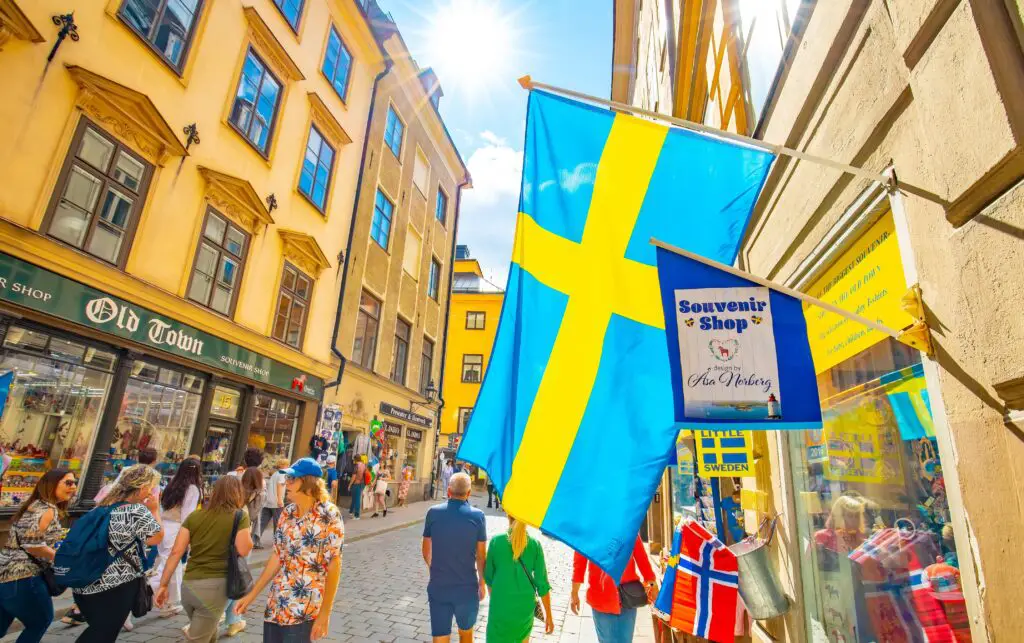
Sweden offers one of the most flexible retirement systems in the world. You can start taking pension money as early as 62 or keep working until you’re 68 or beyond. The longer you wait, the more money you get each month—it’s entirely up to you.
And many people mix part-time work with partial pension payouts to ease into retirement gradually. It’s not about clocking out one day and disappearing the next. Sweden emphasizes autonomy, letting people decide what works best for their health, finances, and lifestyle. It’s a refreshing approach to growing older.
11. In Mexico, Many Keep Working Without Choice
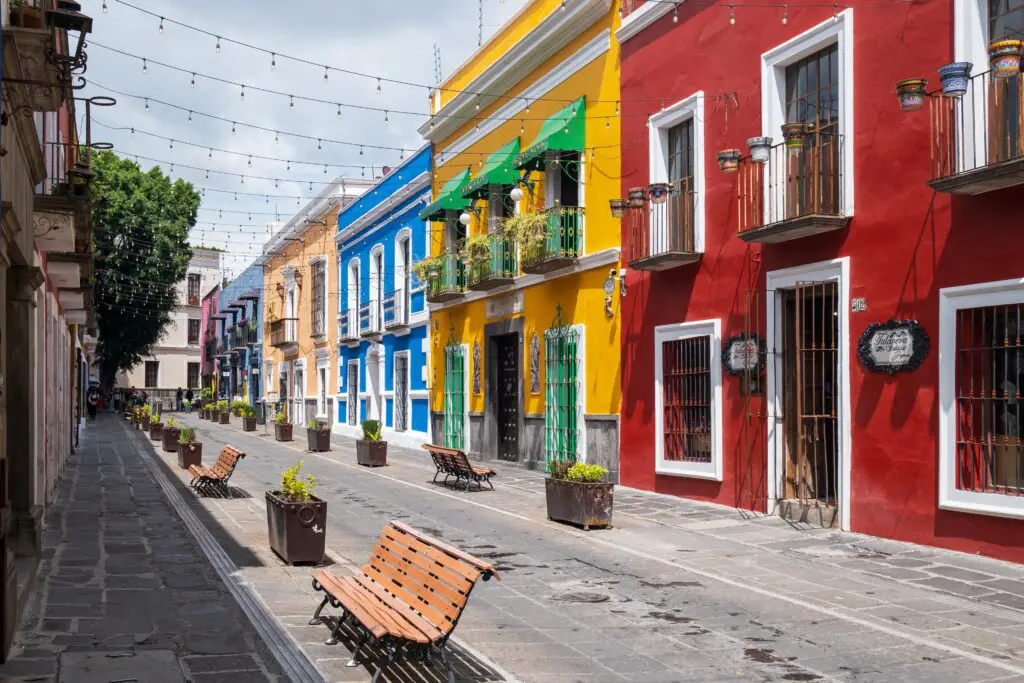
Retirement in Mexico often comes down to necessity. The pension system is weak, and only a small portion of the population is covered by formal retirement plans. That means many people—especially in rural areas—work into old age because they have no other option.
You’ll see older adults still farming, selling crafts, or running small shops. There’s a strong work ethic and sense of pride in staying active, but it’s not always voluntary. Social safety nets are limited, and personal savings are often insufficient. Retirement, for many, remains out of reach.
12. The Netherlands Offers “Semi-Retirement” Perks
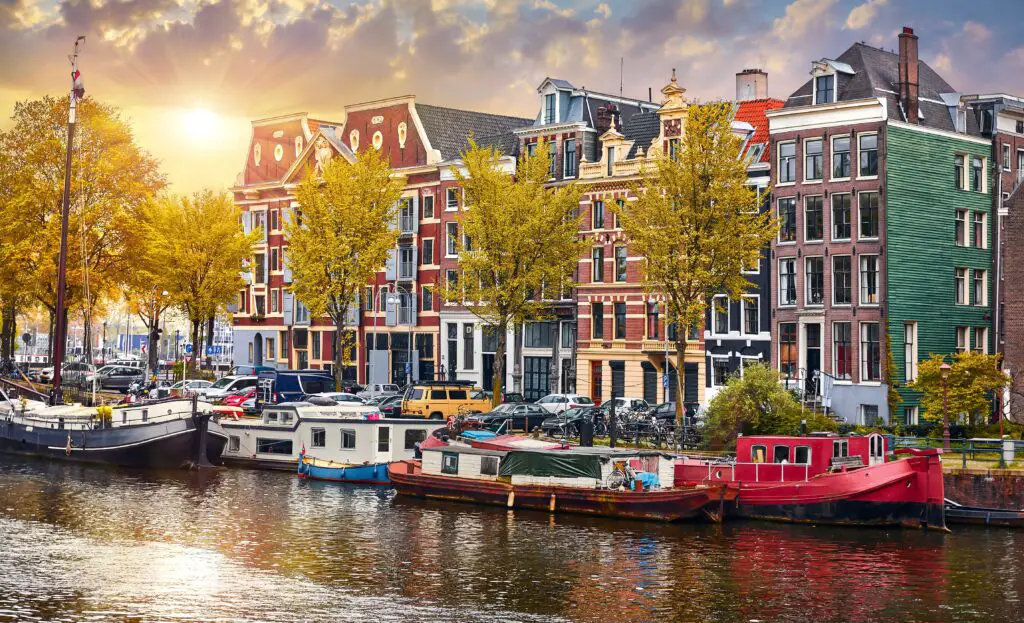
The Dutch do retirement a little differently. Instead of stopping work cold turkey, many choose a phased retirement. They’ll go part-time or switch to a less demanding job, while beginning to draw partial pension payments.
This system is designed to prevent burnout and allow people to stay active without overextending themselves. Plus, it gives retirees a chance to ease into their next chapter instead of diving in headfirst. The idea is that purpose and engagement matter just as much as financial security. It’s a soft landing, and many say it leads to better long-term happiness.
13. Brazil’s Retirement Age Has Been in Flux

Brazil recently raised its minimum retirement age, and people weren’t happy about it. For years, the system was generous, allowing many to retire fairly young with full benefits. But with an aging population and economic challenges, the government had to tighten things up.
Now, retirement depends on both your age and how many years you’ve worked, and many feel the new rules are unfair. There’s a sense that what once was a sure thing has become uncertain. It’s made retirement planning much harder, especially for low-income workers. Trust in the system has taken a hit.
14. In China, Retirement Age Is Still Surprisingly Young

China has one of the lowest retirement ages in the world—men retire at 60, and women as early as 50 or 55, depending on their job. That sounds great on the surface, but it comes with trade-offs. Pensions can be small, and many retirees need to find other income sources.
Some take care of grandchildren full-time, while others pick up odd jobs. The system was designed in a different era, and with people living longer, it’s under strain. There’s been talk of raising the retirement age, but many oppose it. For now, early retirement is the norm, even if it’s not always financially comfortable.
15. In Switzerland, Retirement Is Built Like a Swiss Watch

Switzerland’s retirement system runs like, well, a Swiss watch—precise, reliable, and structured. It’s based on three “pillars”: a government pension, a mandatory occupational pension, and optional personal savings. This three-part system is meant to give retirees a stable, predictable income.
The country places a strong emphasis on personal responsibility, but there’s also plenty of support. Retirees in Switzerland tend to enjoy a high standard of living, with excellent healthcare and a well-maintained public infrastructure. It’s not cheap, though—you’ll need to plan carefully. But if you do, the result is a retirement that’s as smooth as one of their famous timepieces.
